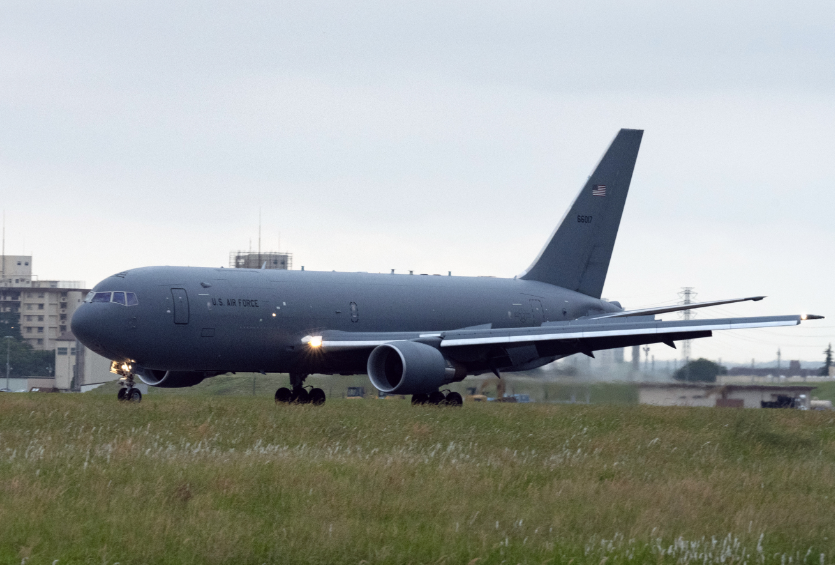
A KC-46 at Yokota Air Base, Japan, in 2022.
Credit: U.S. Air Force
JOINT BASE PEARL HARBOR-HICKAM, Hawaii—The U.S. Air Force expects to resume accepting deliveries of KC-46s next month after an extended pause as Boeing and supplier Daher have addressed quality issues on all newly built 767s. Only one KC-46 has been delivered to the Air Force so far this year, with...
Subscription Required
This content requires a subscription to one of the Aviation Week Intelligence Network (AWIN) bundles.
Schedule a demo today to find out how you can access this content and similar content related to your area of the global aviation industry.
Already an AWIN subscriber? Login
Did you know? Aviation Week has won top honors multiple times in the Jesse H. Neal National Business Journalism Awards, the business-to-business media equivalent of the Pulitzer Prizes.





